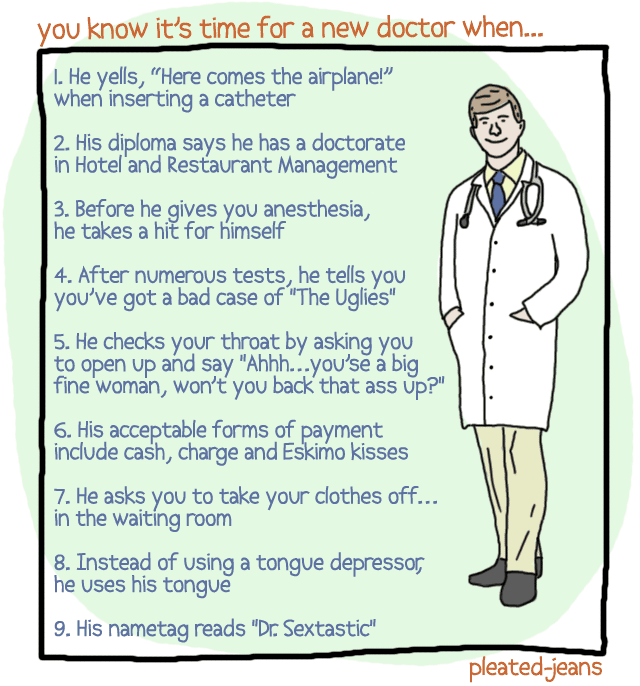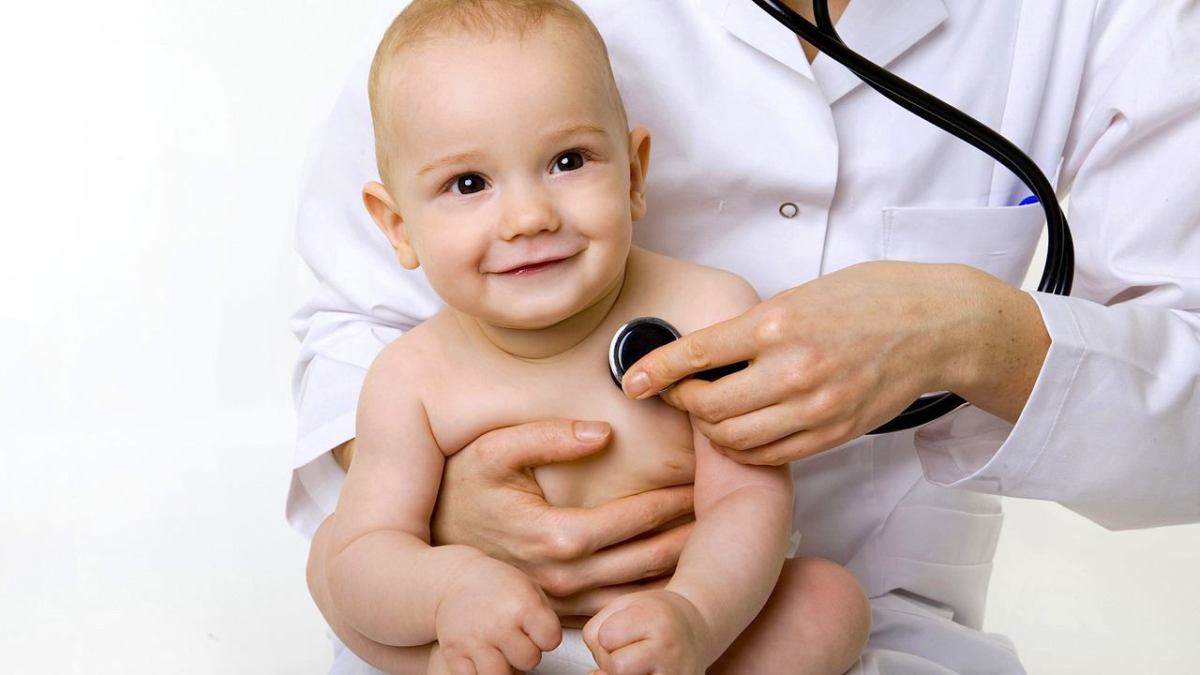
Put your gear in order the night before with a checklist, and getting out the door on time will be much less stressful. Your insurance card, plenty of diapers, a change of clothes, a burp cloth, a pacifier: Check, check and check. Scheduling the first appointment of the day or the first after lunch often minimizes your wait time. Usually offices are the busiest after school or before work, but this varies from office to office, so ask before you book. But if you can and your pediatrician’s office or health care clinic offers flexibility, schedule your visits to the doctor when your little one is likely to be well-rested, well-fed and at his most cheerful (or least cranky).Īlso key: Find a time of day when the office is least likely to be packed. It’s not always possible to schedule appointments to avoid nap times, mealtimes and fussy times - especially when your infant doesn’t have anything approximating a predictable routine yet. Wondering how you’ll manage to wrangle a wriggly newborn while still remembering all the questions you wanted to ask the pediatrician (not to mention the answers you’ll get)? Two words: Come prepared. Tips on making the most of well-baby visits Also, with your questions already asked and answered, you’ll be able to focus on comforting your little one after the shot (which can of course cause momentary pain). Your doctor may leave this step for last so your baby will be as happy and relaxed as possible during the exam - and you’ll be able to concentrate on your conversation with the doctor.

3 MONTHS FOR FIRST TIME DOCTOR VISIT SKIN

They’re an opportunity to see just how much your little one has grown and developed - and to get reassurance regarding any concerns (from sleep habits to crying) that have come up since your last visit. What you can expect at well-baby visitsĪs your baby’s first year progresses, you’ll probably find yourself looking forward to well-baby visits. And while no parent looks forward to their infant getting a shot, staying on top of the recommended immunizations is one of the best ways to make certain your baby (and the rest of the children in your community) stays healthy. Yet well-baby visits are worth it - not only for the reassuring report your baby will likely get each time, but also for the comfort of knowing that your baby’s doctor will be able to spot, treat and usually remedy any little problems before they get bigger. It may still sound like a lot of trips to the doctor just for wellness, without even counting those inevitable visits for runny noses and upset tummies. While this schedule follows recommendations by the American Academy of Pediatrics (AAP), your baby's doctor may vary it.

The first week (usually a couple of days after you’re discharged from the hospital).After that, well-baby visits are scheduled throughout the first two years at: Your baby’s first official checkup (and first immunization) will take place at the hospital. When will my child's well-baby visits happen? and, yes, what color and consistency that poop should be) that you’ve stored up since the last visit. They’ll also give you a welcome chance to get answers to the many questions about your baby (you know, the ones about how long she should sleep, how much she should eat, what you can do about all that crying, how often she should be pooping. Well-baby visits with your baby’s doctor or another pediatric health care provider give you an opportunity to check in regularly to make sure your baby is growing, feeding and developing as she should, and that she’s getting the childhood vaccines she’ll need to prevent life-threatening diseases. What are well-baby visits and why are they so important?


 0 kommentar(er)
0 kommentar(er)
